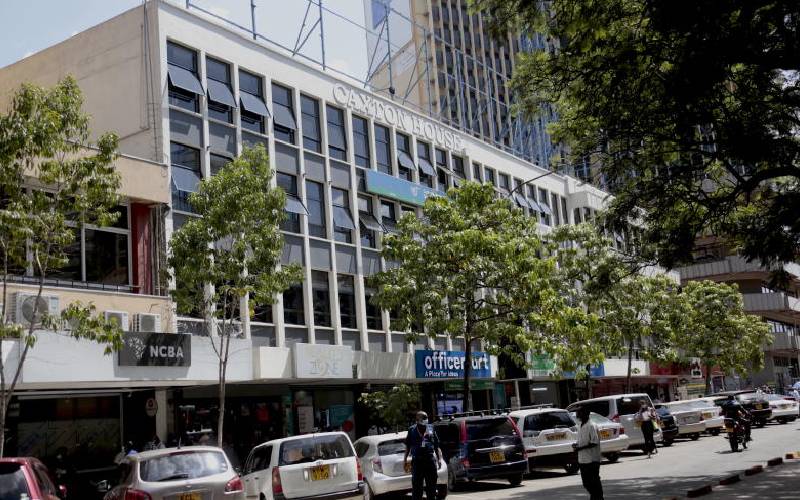×
The Standard e-Paper
Stay Informed, Even Offline

When British engineer Paul Curzon left the country in 2016 to take care of his ailing wife, land grabbers pounced on his two parcels and evicted his workers.
He discovered that the grabbers claimed he died in 2006 before faking his death certificate. They then prepared a sale agreement purporting that he had sold them the two parcels in Kileleshwa and Ngong Road before his death.







